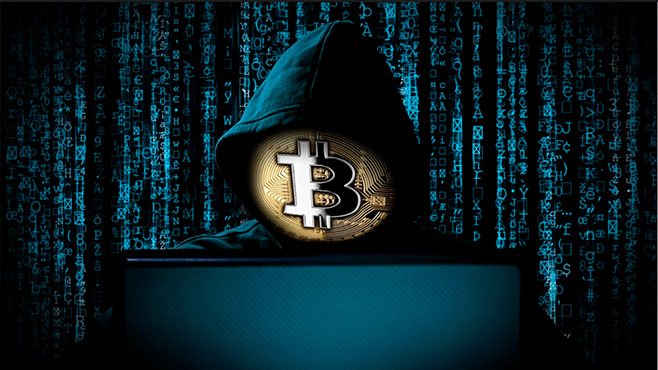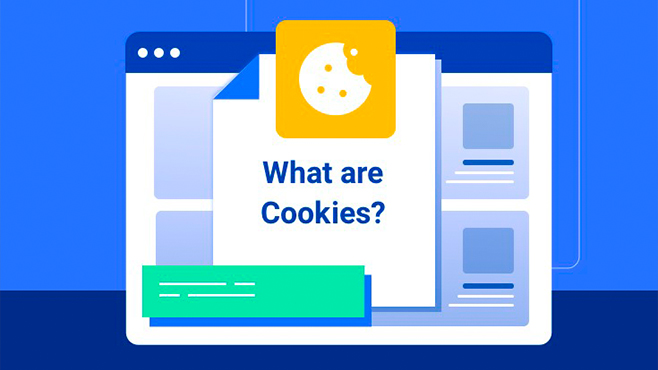Beware of crypto exchange scams
The cryptocurrency market's explosive growth has given rise to a new wave of scams that are gaining popularity. Researchers have identified three fake crypto exchanges, namely TraderESL, Forbit, and Coinsfv, that use a range of communication channels, including phishing emails, SMS, and crypto discussion channels on Discord, to deceive unsuspecting victims.
One common tactic used by these scammers involves offering a promo code that «must be redeemed quickly to participate in a prize». However, the misspelling in the message is often a red flag that something is not right. It is crucial to be vigilant and cautious to avoid falling for such scams.
Fake crypto exchanges have become a common way for scammers to dupe people into giving away their money. They create professional-looking websites and use various tactics, such as offering free cryptocurrency and two-factor authentication, to make their scams seem legitimate. The registration process is designed to get victims more involved in the deception, with scammers asking for personal information and documents like driver's licenses and selfies. They may even ask for a small deposit to "top off" the promised winnings. It's important to never send anyone money in exchange for supposed winnings or prizes. These scams can be difficult to avoid, as scammers use sophisticated tactics to make their scams seem genuine. Be cautious of any requests for personal information or payment and don't get caught up in the registration process. Remember that if something seems too good to be true, it probably is.
When it comes to online scams, it's important to be cautious and vigilant. One red flag to watch out for is offers of free money. These are often too good to be true and may be part of a scam. If you encounter a new website or service, take the time to research it and ensure that it is legitimate before giving out any personal information.
Remember, never give out sensitive information, such as your government documents, to anyone you don't know or trust. Scammers may use this information for identity theft or other malicious purposes. Be especially cautious when dealing with unfamiliar individuals or organizations online.






